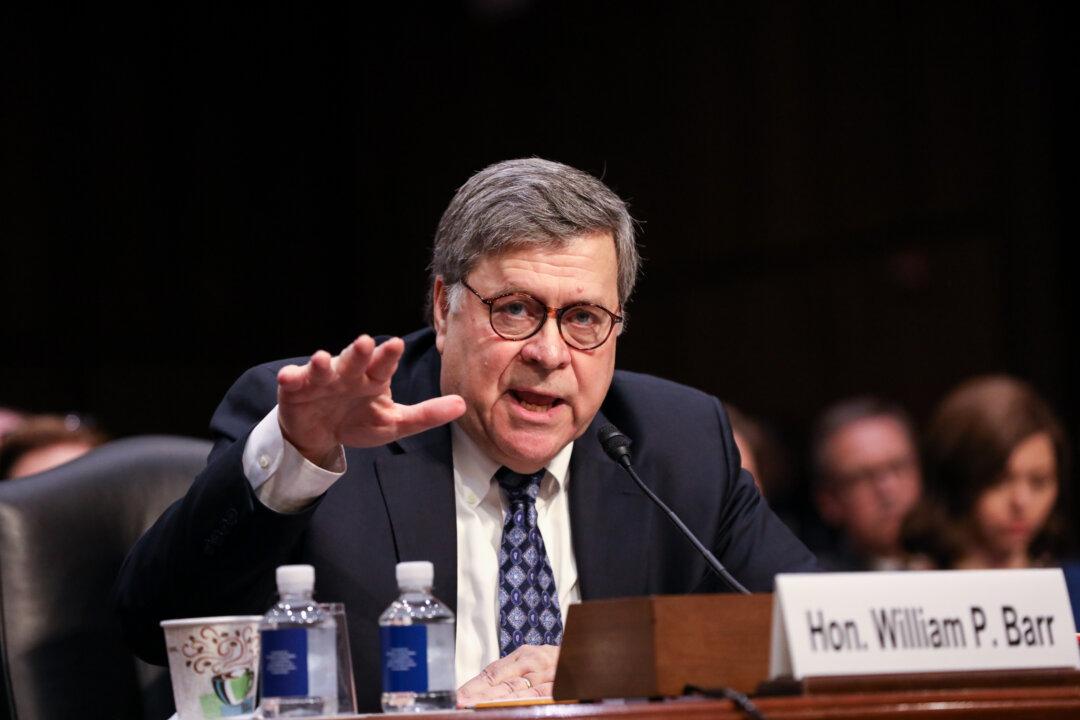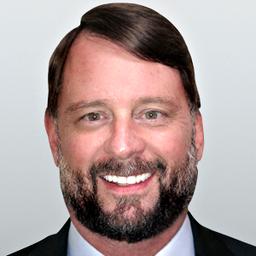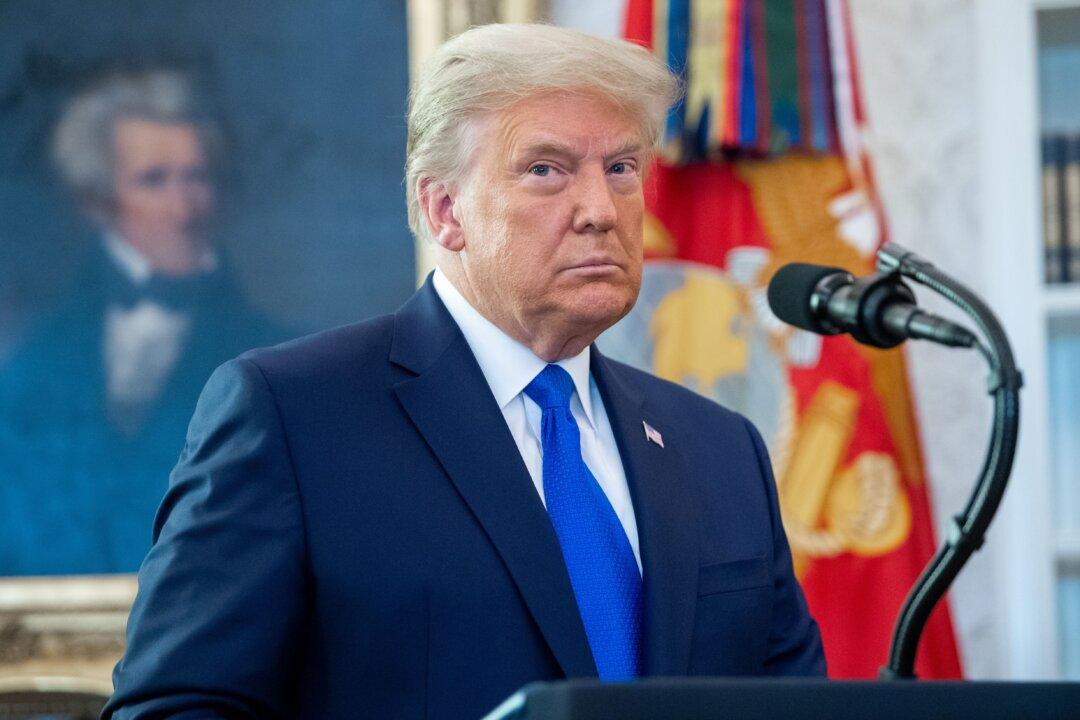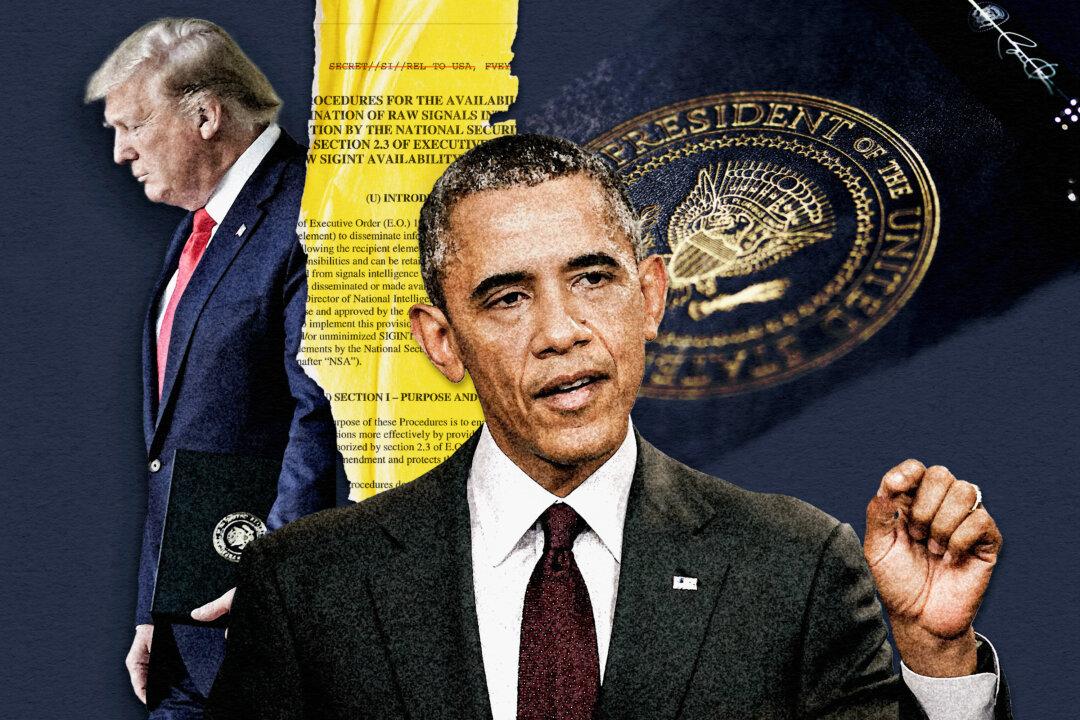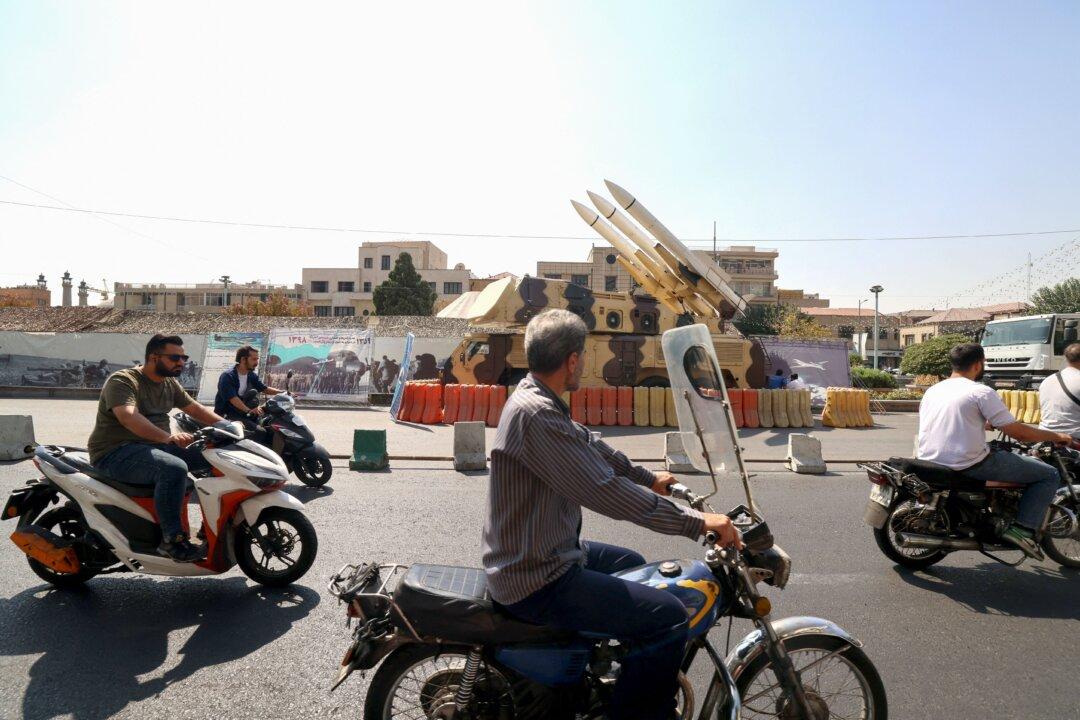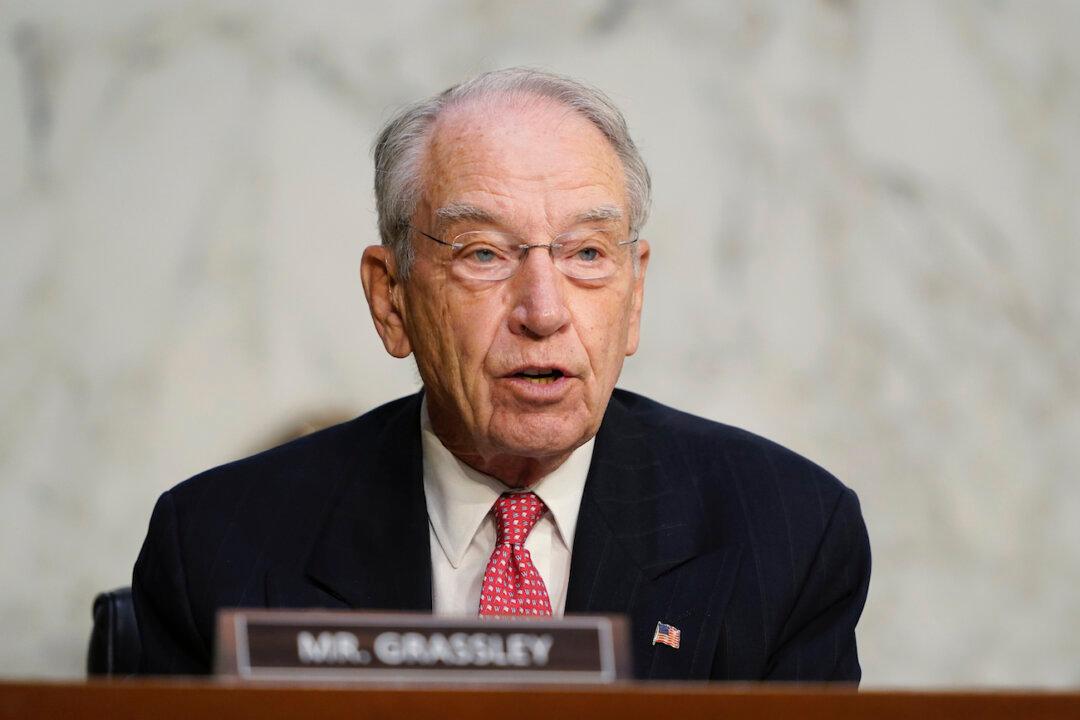In an hour-long, wide ranging interview with CBS News’ Jan Crawford, Attorney General Bill Barr provided a significant amount of new information regarding the Mueller Report, the Russia Investigation, and his examination of the events surrounding the 2016 presidential election.
Barr addressed the actions taken by the leadership of the FBI and other agencies, and noted the dangers of allowing “government power, law enforcement or intelligence power, to play a role in politics, to intrude into politics, and affect elections.”
